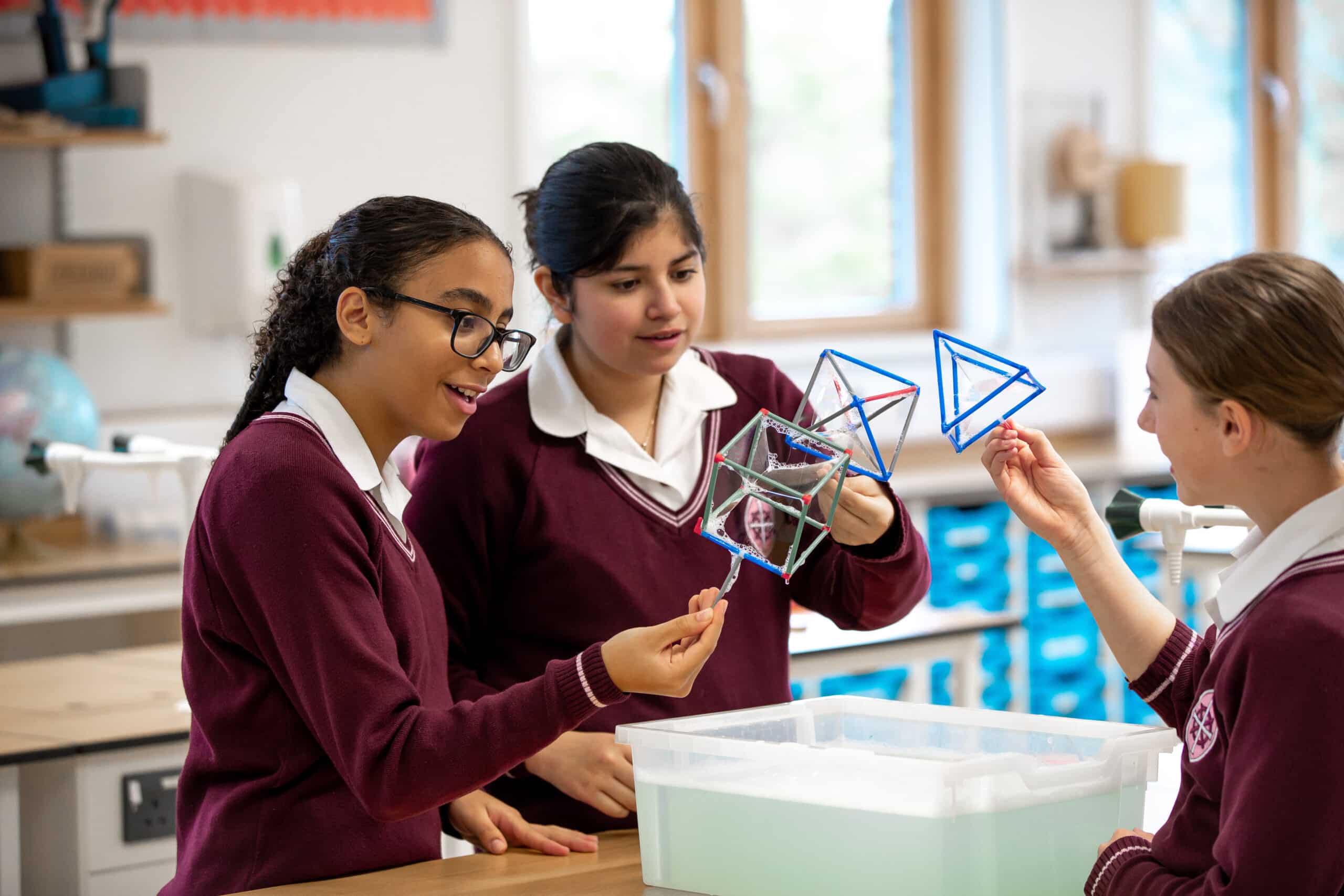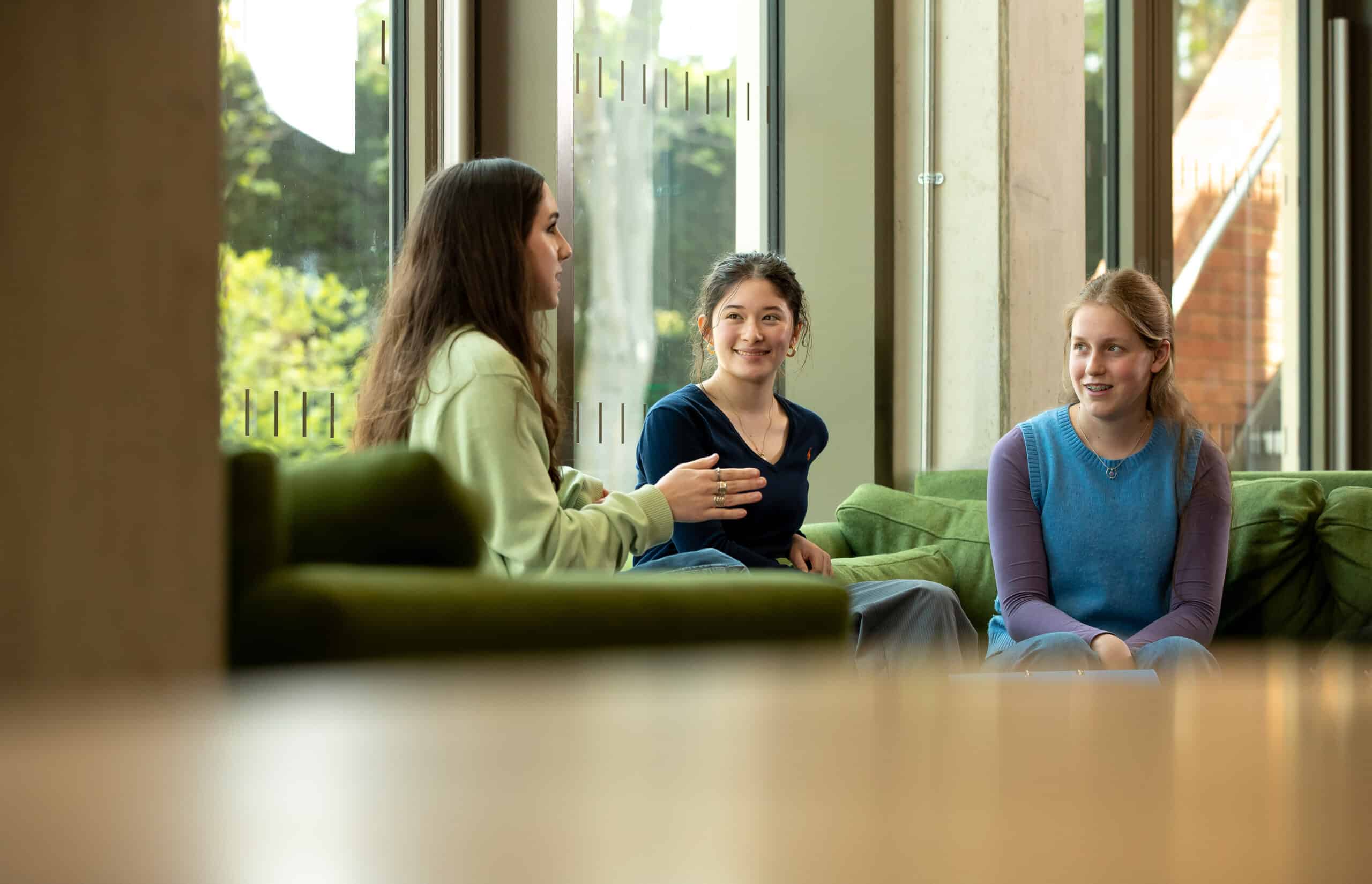Computers are the tools that help us solve problems, make new discoveries and create art. Understanding how they work and how we can use them is one part of a discipline whose underlying principle is the development of computational thinking skills: abstraction, pattern recognition, decomposition and algorithmic thinking.
In A level Computer Science, you will learn advanced programming techniques supported by a variety of high-level languages such as Python and JavaScript. This will help you develop computational thinking, problem-solving and programming skills. You will explore the principles of the von Neumann architecture using assembly code to control the Little Man Computer and discuss how both internal and external components of a computer system function and work together. You will look at the role of systems software, the use of databases, networks and web technologies, and mathematical concepts critical to computing such as binary and Boolean algebra. You will discuss the moral, cultural and ethical issues surrounding the use of computer systems.
Topics studied
By studying A level Computer Science, you will develop:
- an understanding of and ability to apply fundamental principles and concepts of computer science such as abstraction, decomposition, logic, algorithms and data representation
- the ability to analyse problems in computational terms through writing programs to solve those problems
- the capacity for thinking creatively, innovatively, analytically, logically and critically
- mathematical skills
- the ability to articulate the individual (moral), social (ethical), legal and cultural opportunities and risks of digital technology
Assessment
Paper 1 – Computer systems (40% of overall A level)
Recall of knowledge and understanding from topics covered in component 1 such as the characteristics of contemporary processors; input, output and storage devices; software and software development; data types, data structures and algorithms; and legal, moral, cultural and ethical issues.
Paper 2 – Algorithms and programming (40% of overall A level)
Problem solving, analytical thinking and application of theoretical knowledge and understanding derived from component 1.
Programming project (20% of overall A level)
A practical portfolio detailing the design and development of a programming project chosen by the student.
50%
A*–A in A level Computer Science in 2024
100%
A*–B in A level Computer Science in 2024
6+
languages taught
Academic enrichment
To support lessons, you will be given the opportunity to attend online lectures offered by a variety of institutions covering curriculum topics in-depth, as well as talks from leading academics exploring wider issues related to computer science. You will also be encouraged to read books and watch documentaries covering current issues, broadening your understanding of topics such as ethics.
You will take part in the Bebras Computing Challenge each year, and for those who have a particular aptitude for programming, the British Informatics Olympiad and the British Algorithmic Olympiad. These provide excellent opportunities for developing computational thinking skills.









